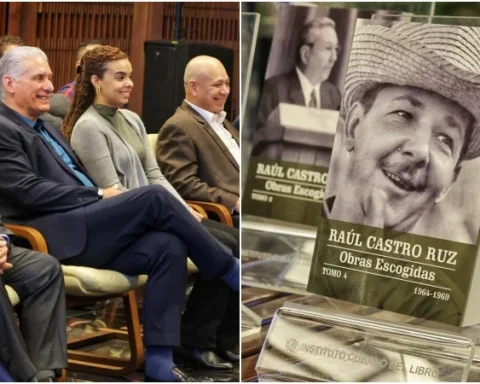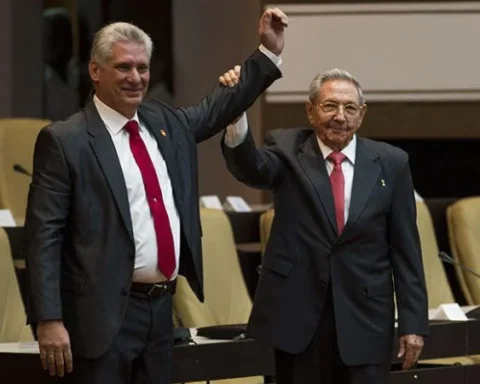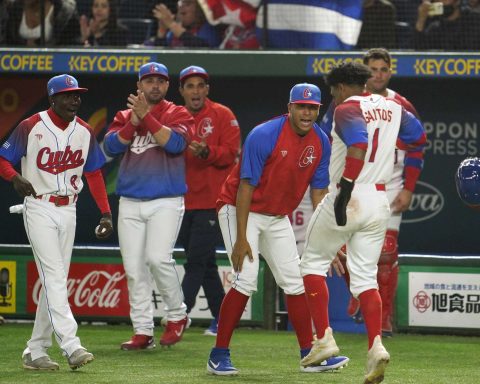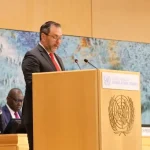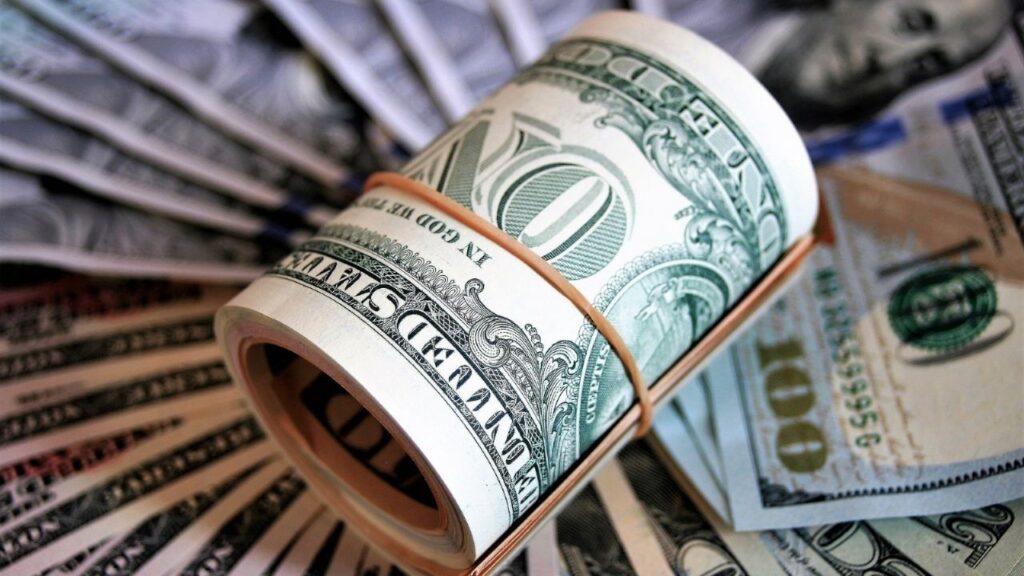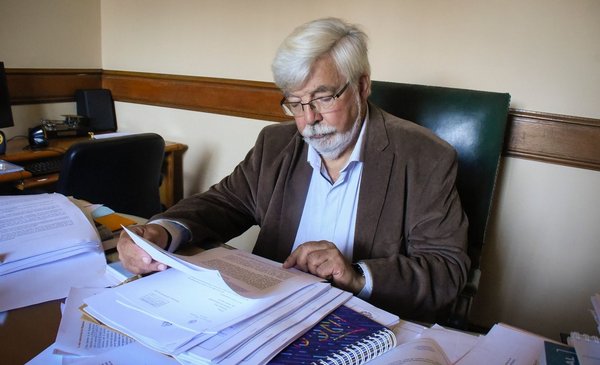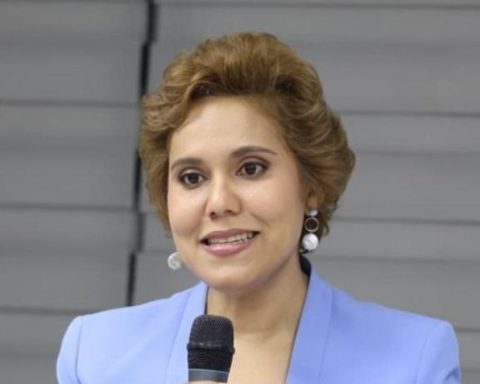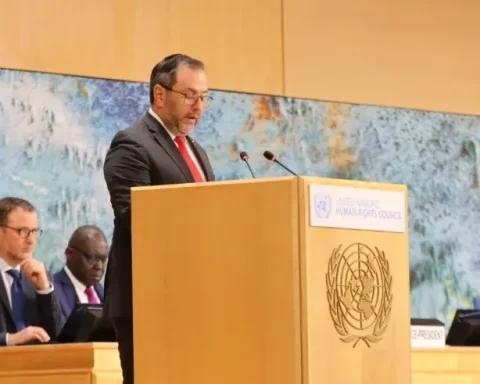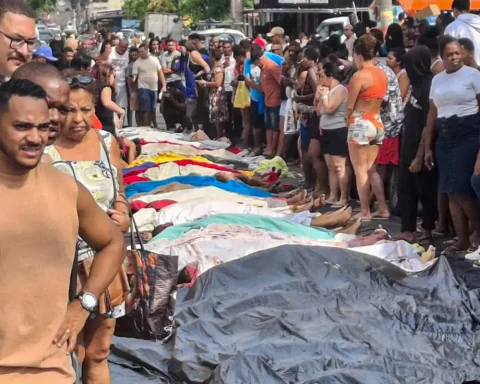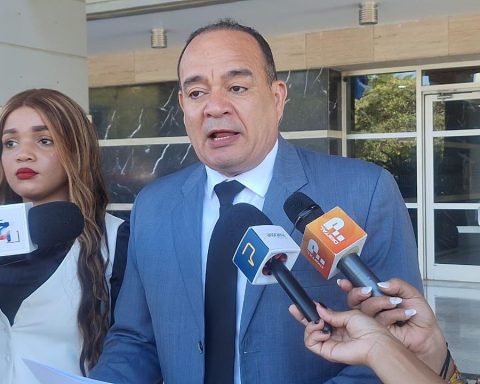The English-language Emirati newspaper The National today praised the anti-COVID-19 vaccines achieved by Cuba, which it describes as well above its possibilities, being a Third World country.
There is a strong research sector, it is a health care tourist destination, and it sends doctors and nurses to work all over the world, including countries on the Arabian peninsula, the publication said.
Efforts to distribute such injections more widely began after the Caribbean nation achieved one of the highest coverage figures in the world.
While the United Arab Emirates leads the world ranking, Cuba ranks among the top 10 with 93 percent of its population having at least one dose; 87, two, and 51, a third reinforcement.
“I am not at all surprised that they have set out to develop their own vaccine. They have the need, but they also have the ability,” said Helen Yaffe, senior lecturer in economic and social history at the University of Glasgow in Scotland.
Cuba, with its decades of state-directed investment in health care and medical research, an approach championed by historic leader Fidel Castro, emphasized self-sufficiency in vaccines, to the point of producing most of those used in its national vaccine programs. immunization.
Those vaccination campaigns helped control or eliminate polio, measles, mumps, rubella, and typhoid, among other diseases.
Average life expectancy has also risen, earning praise from scientific publications.
When the coronavirus emerged, Cuban research institutes had the experience to develop their own vaccines.
“They have a pretty good health service given the level of money they have, and part of that was developing their own biopharmaceutical industry,” said David Taylor, a professor emeritus at the University College of London.
Restricted finances and US embargoes would have made foreign-made ones difficult, and so Cuba went its own way and distanced itself from the Covax program, which distributes vaccines to poorer nations.
With the injectable called Soberana 02 from the Finlay Institute of Vaccines of Cuba and a booster called Soberana Plus, an efficacy of 92 percent is obtained against SARS-CoV-2, which causes COVID-19.
However, these data from the Cuban trials did not have the dissemination expected by the international scientific community.
The Center for Genetic Engineering and Biotechnology in Havana produced a vaccine candidate called Abdala with similar efficacy after three doses.
Another, Mambisa, which is given as a nasal spray, Cuban scientists say could add protection to those receiving other vaccines.
On the other hand, Cuba is the first country to vaccinate children from the age of two, confirmed Yaffe.
Government figures indicate that more than 95 percent of young people between the ages of two and 18 are vaccinated, thereby aiming to reduce transmission, the Emirati newspaper said.
